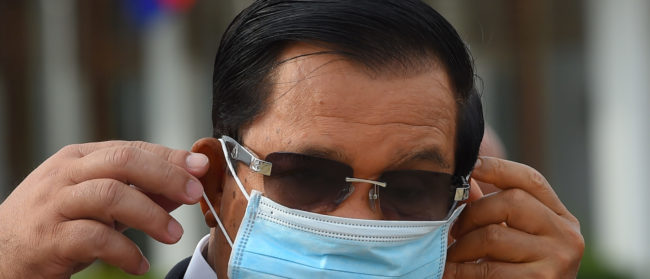Vang Vieng is small town a little over a three-hour drive north of Laos’ sleepy capital, Vientiane. If Trip Advisor is to be believed, the town’s best restaurant is Restaurant du Crabe d’Or, which serves up pan-Asian dishes at its picturesque location overlooking the Nam Song river.
Quite a bit further down the list is Pyongyang Restaurant Vang Vieng. Operated by the Haedanghwa Group and owned by the North Korean government, it remains one of the Hermit Kingdom’s last overseas restaurants. Once a vital source of income for the country that until recently numbered over 100 eateries worldwide, the number of ‘Pyongyang Restaurants’ has been significantly curtailed in recent months thanks to UN sanction adherence efforts.
But it appears the outlet in Vang Vieng, among several still operating in Southeast Asia, continues to serve kimchi and Taedonggang beer to its sporadic dinner guests.
In a Medium post from February, Ting Zhang, a travel writer and editor of Asian Voices Matter, recounted her experience at the restaurant. “Located within a large shack-like structure in a short alley, the place was easy to pass, with nothing to distinguish it aside from a poster perched in front,” reads her account of her visit. “Posters of North Korea decorated the walls of the staircase and we breathed a sigh of relief — it’s the right place.”
The account of the evening describes kimchijeon (kimchi pancakes), japchae (glass noodles), and Taedonggang beer – brewed by the state owned Taedonggang Brewing Company. The group were served by North Korean waitresses, with Zhang finding out that the restaurant was a venture between Pyongyang and a Laotian businessman.
While ordering japchae and a bottle of Taedonggang isn’t single-handedly propping up the Pyongyang elite, the restaurant does stand in direct violation of UN sanctions. This Vang Vieng branch, along with all North Korean business interests globally, were required to close and its workers repatriated by December 22, 2019, in accordance to United Nations Security Council (UNSC) resolution 2397, passed exactly two years earlier.
But while the closure of North Korean business ventures can be seen across Southeast Asia, semblances of Pyongyang’s presence remain in the region – even after the resolution’s deadline.
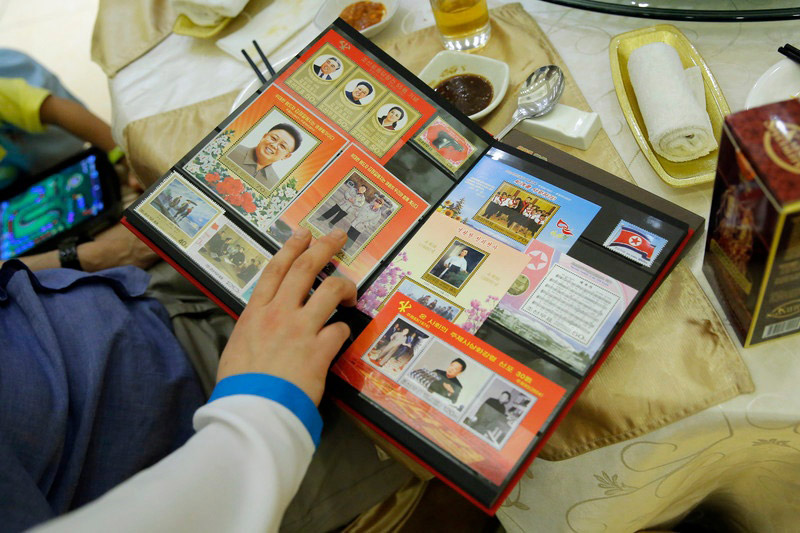
While the closures of North Korean business ventures can be seen across Southeast Asia, semblances of Pyongyang’s presence remain in the region
A scroll through recent reviews on Trip Advisor show that some of the country’s overseas eateries across Southeast Asia continue to welcome customers. Two more reviews from this year of Vang Vieng’s Pyongyang restaurant can be found online, while other Google and Trip Advisor reviews of recent visits can be found at restaurants in Bangkok and Vientiane. As of April, Hanoi’s Koryo Restaurant was also still open and taking reservations.
With international pressure to comply with sanctions now easing as attention turns to the global pandemic, some North Korean enterprises are able to continue unabated, with the country’s sanction evasion tactics only becoming more sophisticated as time goes on.
North Korea and Southeast Asia have a relatively warm history stretching back to the 1960s says Shawn Ho, associate research fellow at S. Rajaratnam School of International Studies at Nanyang Technological University in Singapore.
“If you dig back through the [20th century] historic relations of the Southeast Asia countries, a lot of them treated the two Koreas quite equally,” Ho told the Globe.
With ASEAN famed for its espoused belief in the importance of non-interference between states and standing in close proximity geographically, it’s perhaps unsurprising that Southeast Asia has often played host to the North Koreans – both their diplomats and trade.
“I think that it’s a logical conclusion that if you were sitting in Pyongyang and looking out over the world to see which countries would be best to become friends with, you would look to see which are the most neutral,” Ho said. “It is the countries within Southeast Asia that would be the friendliest.”
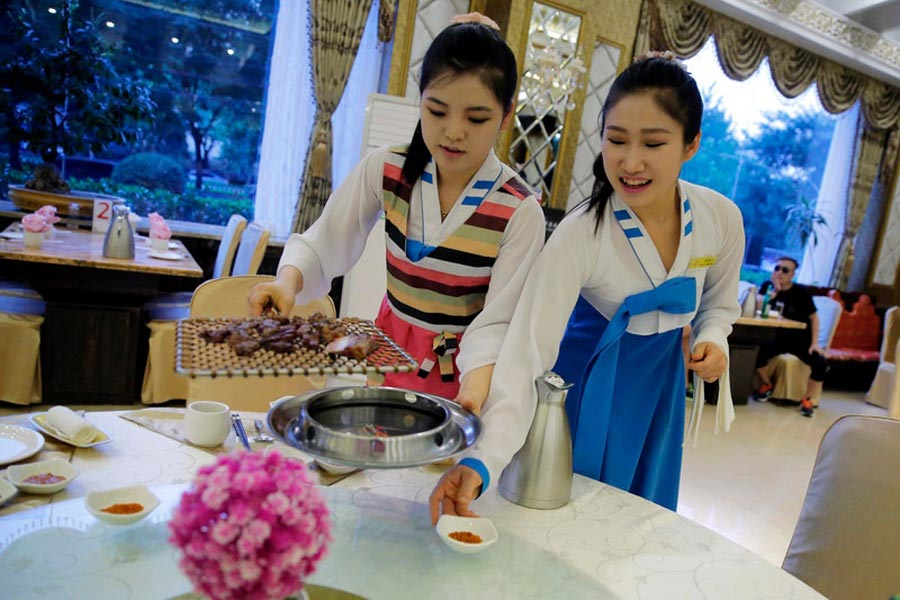
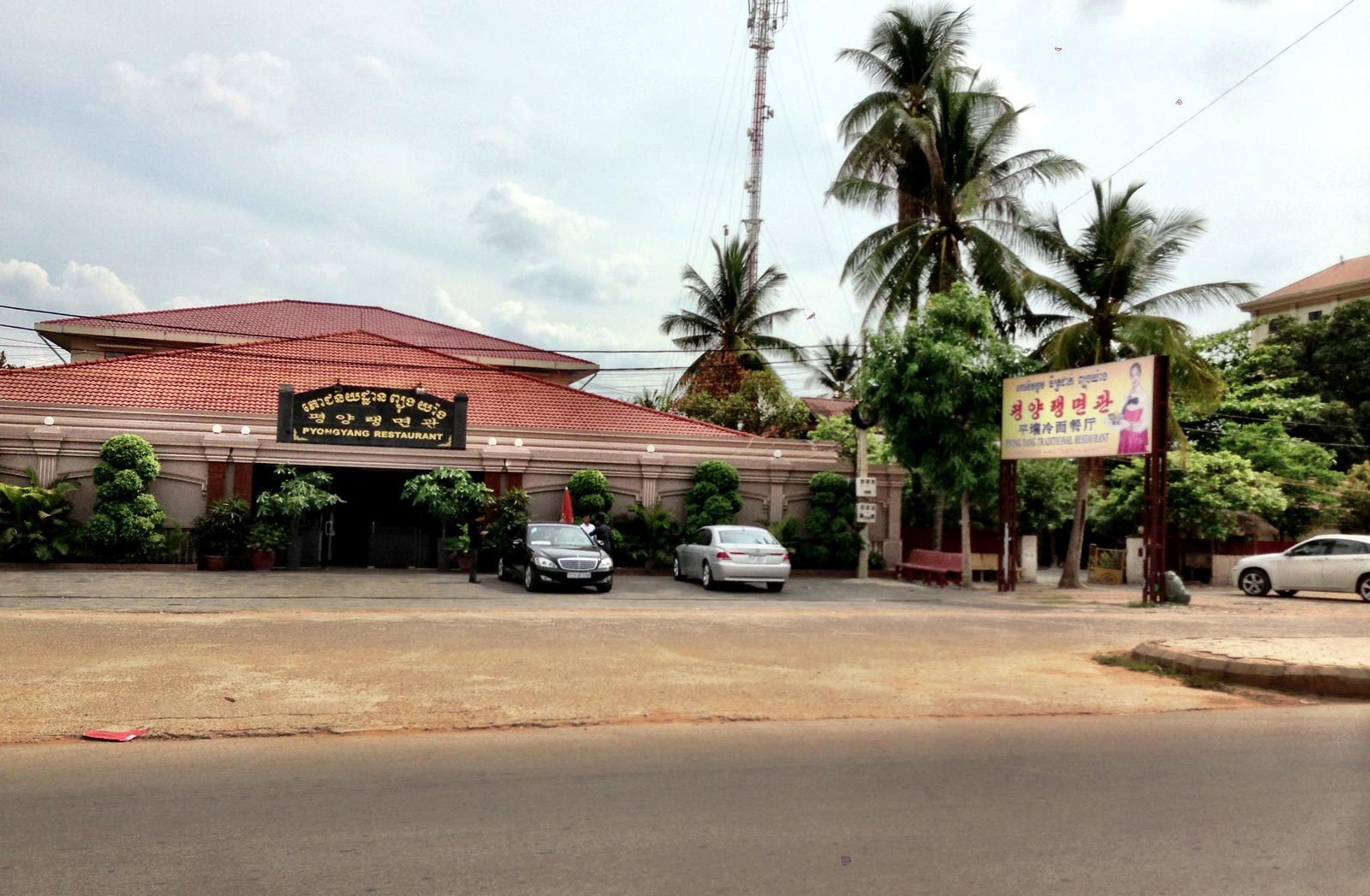
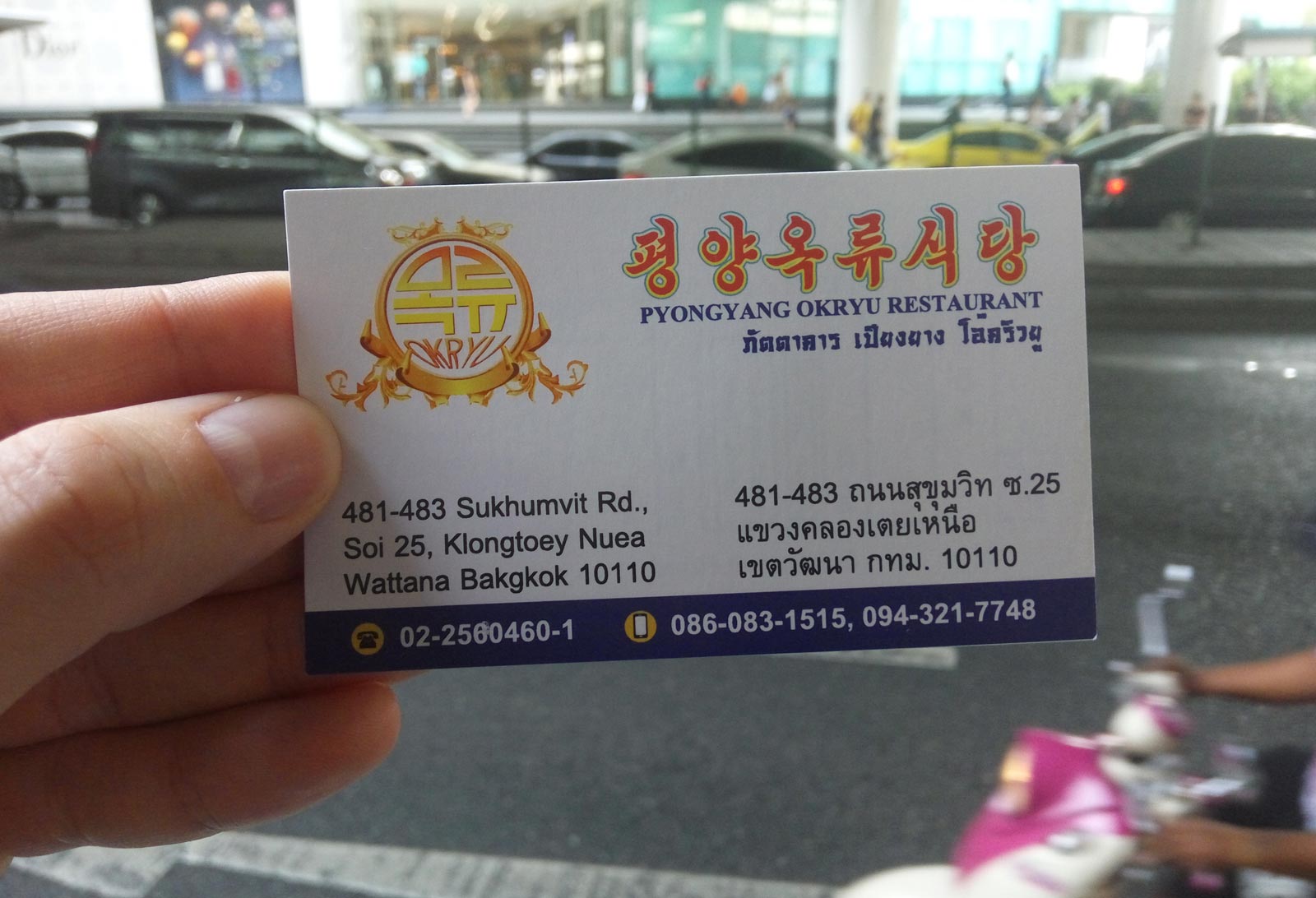
This ‘ASEAN way’ of non-interference, conducive to mutually beneficial economic ties, has seen relations with North Korea sprout. “I think the ASEAN way is a political culture that can be seen throughout Southeast Asia,” Daniel Wertz, programme manager at the National Committee on North Korea (NCNK), explained. “And this leads to having, at least, an arm’s-length relationship with North Korea.”
North Korea has been a member of the ASEAN Regional Forum (ARF) since 2000, and in a paper for the East-West Centre, Wertz explained the longstanding ties between the Hermit Kingdom and ASEAN.
“ASEAN’s reputation as a friend to all has a solid foundation, but North Korea’s reputation as a hermit kingdom rests on shakier ground,” Wertz explained. “Pyongyang has established diplomatic relations with every ASEAN country and has embassies in every country in the region, except for three.”
The North Korea in the World project showed that Pyongyang had sent 95 high-level diplomatic delegations to Southeast Asia over the past two decades, accounting for over a quarter of the known foreign travel of high-ranking North Korean officials.
Statistics from MIT’s Observatory of Economic Complexity (OEC) also show trade between Pyongyang and Southeast Asia experiencing an especially fruitful period starting from 2000. According to the OEC, between the years of 2000 and 2010, Thailand ranked among the top three suppliers for imported goods into North Korea seven times in that period, and was in its top three export destinations four times.
Moreover, KOTRA statistics from 2017 showed steady trade between the region and North Korea, with Malaysian and Thai exports to North Korea each totalling over $1.7 million and exports from Pyongyang to Indonesia more than $2 million.
Prior to this latest round of sanctions compliance, North Korea was believed to be earning over $500 million each year from heavily taxing the wages of nearly 100,000 overseas workers – the vast majority of whom are employed in China and Russia in construction, agriculture and manufacturing.
In 2017, the UN passed resolution 2397, banning all remaining categories of major exports, certain imports and instructing countries to expel overseas workers, no later than December 22, 2019. The measure was taken in response to an intercontinental ballistic missile (ICBM) launch by North Korea the previous month.
States were encouraged to supply evidence of their efforts to expel North Korean workers to the UN 1718 Committee, created in 2006 in response to the country’s first nuclear test. The UNSC’s Panel of Experts, established in 2009 following another North Korean nuclear test, supports the Committee by examining and analysing sanction implementation measures, with a particular focus on non-compliance by states.

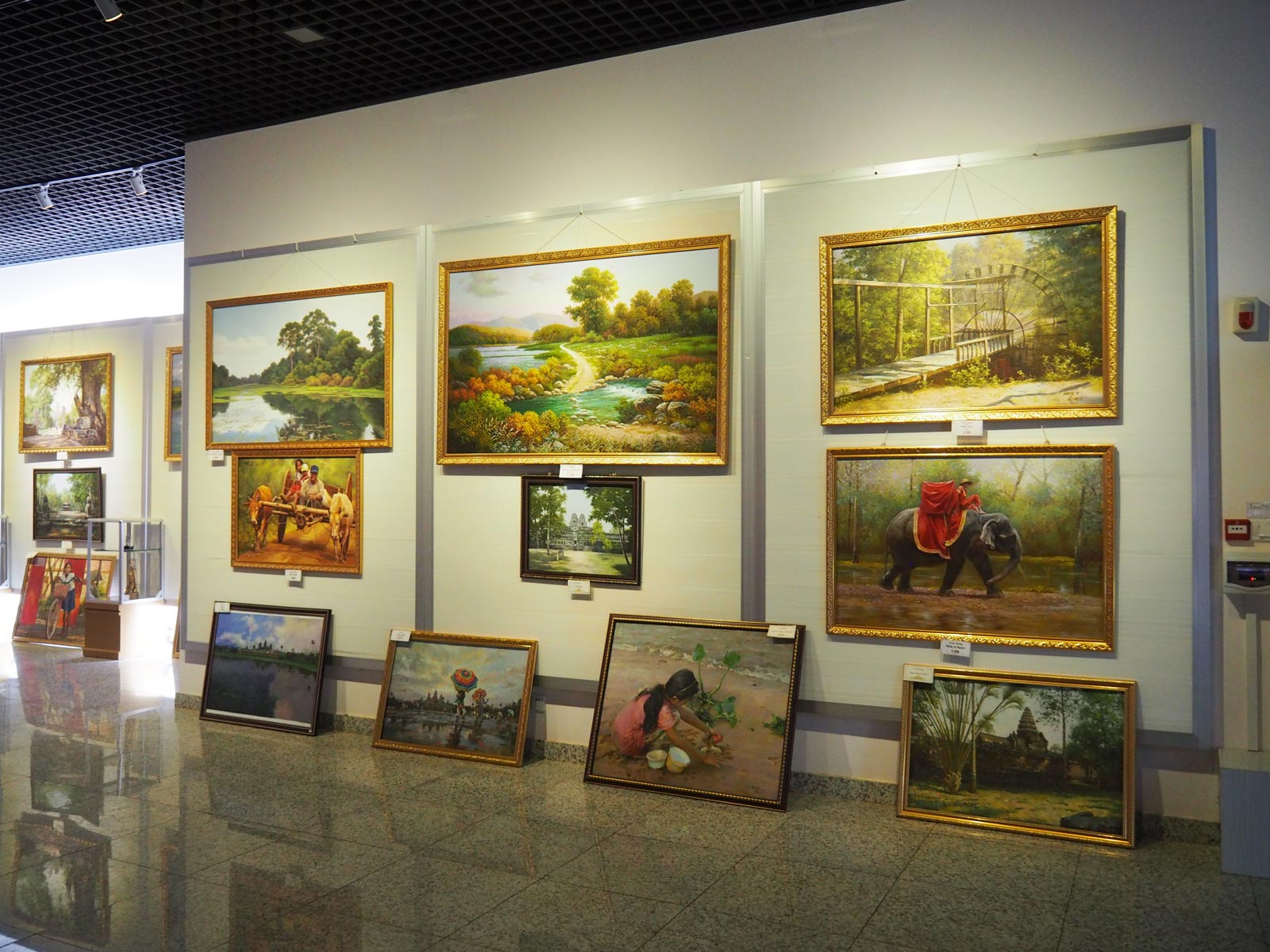
The extent to which sanctions work is the extent to which the countries themselves have the technical means to implement them, the political will, and are subject to focused international pressure to do so
Stephanie Kleine-Ahlbrandt
Stephanie Kleine-Ahlbrandt, former finance and economics expert on the Democratic People’s Republic of Korea (DPRK) Panel of Experts, and now a fellow at North Korean analysts 38North, told the Globe that the effectiveness of any sanctions regime was dependent on several factors.
“The extent to which sanctions work is the extent to which the countries themselves have the technical means to implement them, the political will, and are subject to focused international pressure to do so,” said Kleine-Ahlbrandt.
Almost half a year since the deadline passed, what’s the state of North Korean play on the ground in Southeast Asia? On the surface, it appears positive, according to Ho.
“The truth is, enforcement capacity differs from country to country,” he explained. “But in general, from 2017 onwards, countries in Southeast Asia began to cut ties with North Korea – a lot of them looked at this with a greater sense of priority.”
Cambodia in particular, long a friendly face to Pyongyang, took strides to expel North Korean businesses and workers. A report submitted by a Cambodian delegation to the UN in January painted a promising picture.
“Cambodia has always adhered to its firm stance of supporting non-proliferation of weapons of mass destruction towards the complete elimination of these weapons,” the report read.
It continued that 115 North Korean workers, 12 companies, eight restaurants, and the Grand Angkor Panorama Museum in Siem Reap were all expelled or closed before the deadline. The multi-million dollar museum was a large joint project between Cambodia and North Korea’s Mansudae Art Studio, specifically its overseas business arm. Its closure seems indefinite, a promising sign.
“Cambodia has been surprisingly forward leaning on sanctions enforcement,” admitted Wertz. “Particularly given Cambodia’s history with Pyongyang, they’ve taken what appears to be some serious measures against overseas workers and businesses.”
According to the final Panel of Experts report, published in March this year, restaurants from the Pyongyang chain were supposedly closed in Myanmar, Thailand and Vietnam – though recent reviews beg to differ in the latter two countries. Trade has also dwindled, and efforts made to identify businesses, and expel them.
In Singapore, in November 2019, the director of T Specialist International was jailed after his company was found guilty of supplying luxury watches, perfumes, handbags and jewelry to a department store in Pyongyang, deceiving authorities for years.
But for every successful effort to adhere, Pyongyang will take steps to evade.
“You can sort of put North Korean workers in Southeast Asia into three broad categories,” said Ho. “Hospitality workers, professionals – most common are IT workers – and then diplomatic officials.”
While hospitality establishments and their workers are easy to identify and close down, it’s the second category, professionals, where Southeast Asia has fallen short in addressing. “Public facing entities [restaurants] are easy to identify, but beyond that sphere, it’s hard to tell what’s still going on.”
It is clear that this sector of North Korean workers and businesses are apt at evasion and hard to identify, equally as hard to expel. “North Korea has always been skilled at evading and circumventing sanctions,” said Kleine-Ahlbrandt. “Their actors are highly sophisticated in this sense.”
The abundance of undetected, or detected but since evaded, North Korean IT workers in the region can be acutely seen in Vietnam and a company called Albatross. According to the UN experts’ March report, Albatross was a Vietnamese-registered company that “sourced workers from at least two companies of the DPRK that are related to the Munitions Industry Department”. Vietnam denied the findings, saying “authorities had not found any workers or information technology experts of the [DPRK]”.
Somewhat surprisingly, IT workers originating from North Korea is not uncommon in the region, with Albatross simply one example of a known entity doing so, with many more undetected. Over 1,000 IT workers have been sent overseas by North Korea, many linked with the country’s nuclear programme, with the dual aim of earning foreign currency and even engaging in cyber attacks, the report noted.
“In Vietnam, IT workers are predominantly there to generate revenue to send back to North Korea, but also to set up subordinate entities,” explained Kleine-Ahlbrandt. “In reference to Albatross, from the Panel of Experts reporting and the timing of the communications, it appears that at the time of that the report was being drafted, the company was still operating.”
Vietnam’s permanent representative to the UN submitted a report to the Panel of Experts in April, admitting that over 30 workers from North Korea remain in the country, unable to return due to the Covid-19 pandemic, the report reads.
While there have been attempts to adhere to sanctions, the increasing sophistication of North Korean evasion tactics, coupled with an easing of political pressure, means that Southeast Asia will continue to play host to businesses and workers from the Hermit Kingdom.
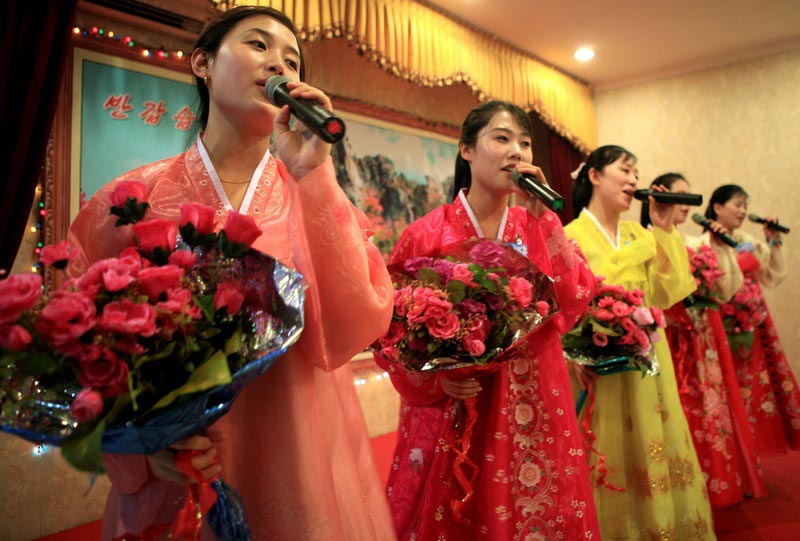
Through continued illicit cyber activity, ship-to-ship transfers and exporting North Korean workers into less public-facing entities, the country is adept at evasion.
“North Korea is capable of adapting and coming up with new means to evade sanctions,” said Wertz. “The question becomes how proactive will Southeast Asia become in attempting to root out North Korean evasion networks and activity.”
Kleine-Ahlbrandt explained that she believes North Korea’s sanctions evasion will be met with less, not more, resistance globally as the world’s attention turns to more pressing issues.
“You need constant tightening and international support of sanctions to sustain this sort of political pressure and close loopholes and address rapidly evolving evasion practices,” she explained.
“With no new resolutions, pressure has been alleviated, with countries no longer feeling the same obligation to implement sanctions. At the same time, [we are] lacking the tools that new sanctions would provide to deal with the constant circumvention of sanctions by North Korea.”
Kleine-Ahlbrandt adds that North Korea’s continually evolving evasion tactics, warm diplomatic ties, and inaction on creating fresh UN sanctions means North Korea’s presence in Southeast Asia is likely to reemerge, albeit with new, less public-facing ventures.
“Unfortunately, the efficacy of the sanctions adopted in 2017 will continue to diminish with each passing day,” she said. “North Korea is just too good at staying ahead of the game.”

